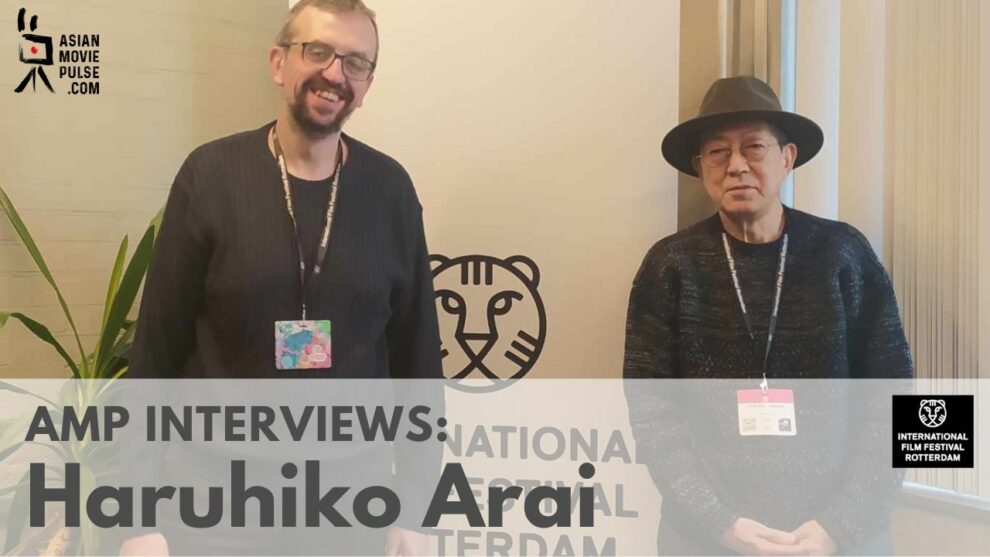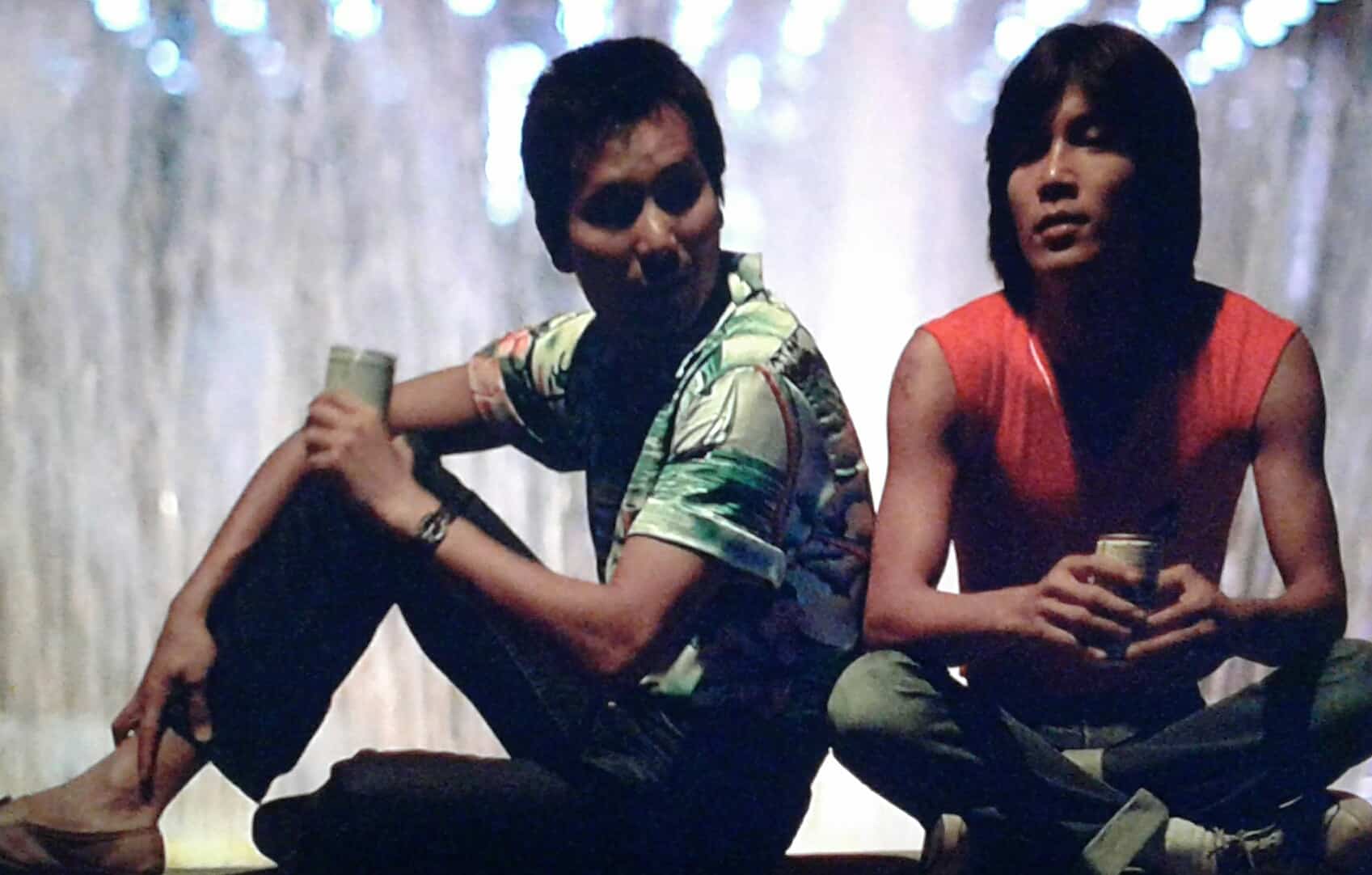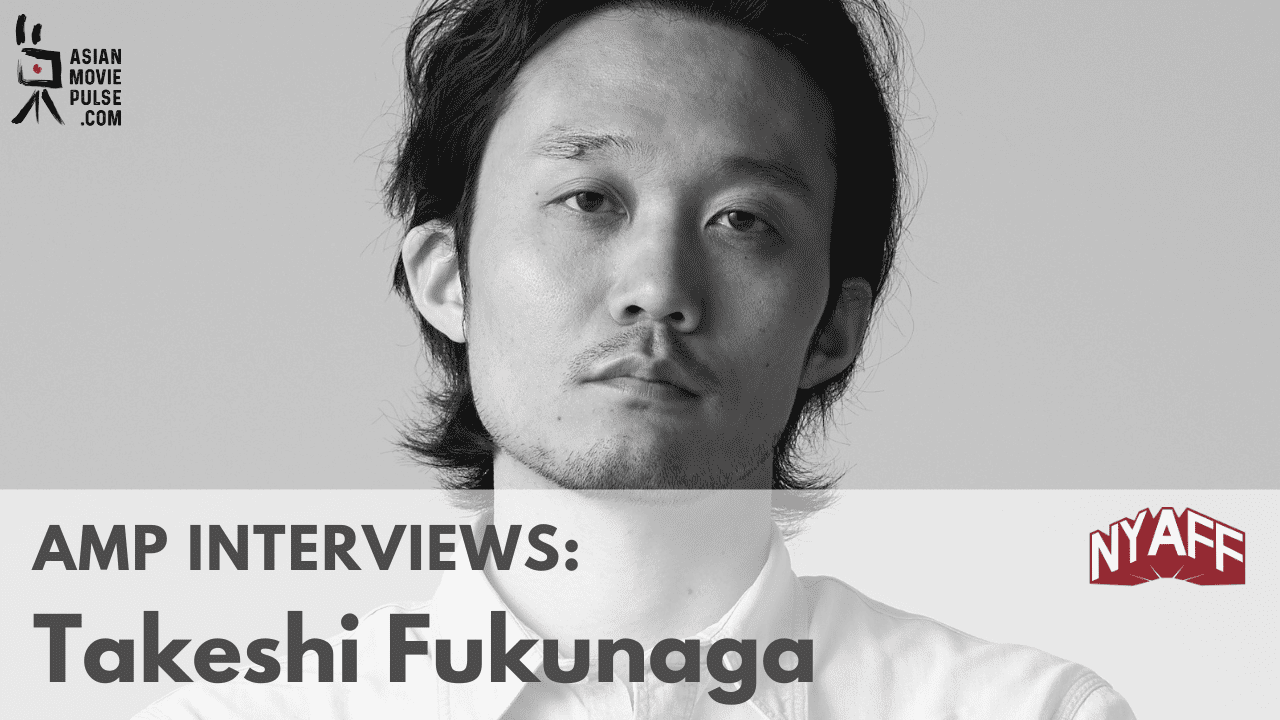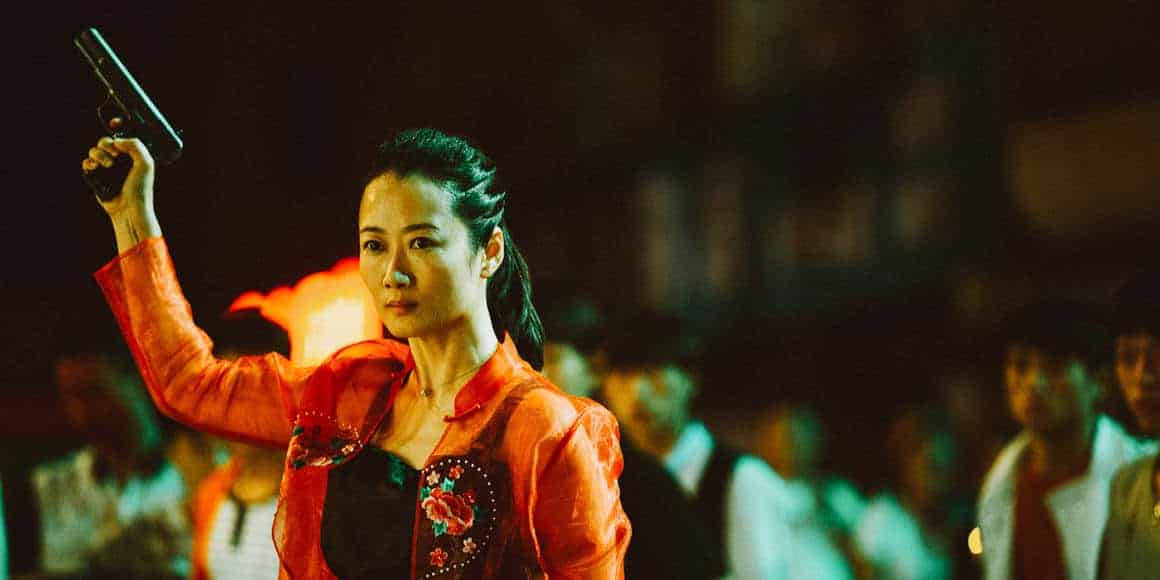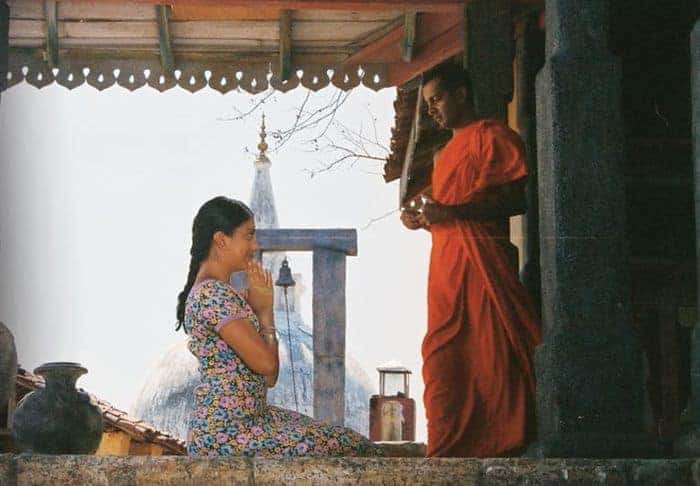Director and screenwriter Haruhiko Arai (1947, Japan) worked as an assistant director for Wakamatsu Productions before making his screenwriting debut with Shinjuku, Messy District: I'll Be There (1977), directed by Chusei Sone. He established his reputation in Japan and worldwide with works such as W's Tragedy (1984), Flakes of Snow (1985), and Someday (2011). For the latter Haruhiko received the Screenplay of the Year Award by the Japan Academy Film Prize. Body and Soul (1997) was his directorial debut. A Spoiling Rain (2023), IFFR 2024 selection, is his fourth feature film.
On the occasion of “A Spoiling Rain” screening at IFFR, we speak with him about the changes he have seen in the industry through the years, love and sex, adapting the particular novel, the casting and the current situation of the Japanese film industry.
translation by Shione Kunimori
My name is Haruhiko Arai. It has been 27 years since I was at the IFFR last time. 27 years ago, I was here with director Tatsumi Kumashiro's retrospective work, he had unfortunately passed away so I had come instead as the writer.
It is my fourth film as director, it seems that my works are not very well liked here in Europe, it is the first time for me that I have been invited to a European festival (laughter)
You have been working in the industry for so much time, so I was wondering what are the most significant changes you have witnessed in the industry as a whole, and also especially in pinku cinema.
The Roman Porno Industry came up in 1971 and ran its life until 1988. So nearly 20 years. During the course of those 20 years, Roman Porno would get gradually pushed away by Adult Films and the history of Roman Porno would end. Back then, there were no females in the audience, but after a decade or so, women also start watching Roman Porno and a certain approval started to develop.
And nowadays, we have arrived in the era of #Metoo, sexual harassment, political and gender correctness, compliance thereto. Films are judged by those now. When there was an incident at the Aichi Triennale about freedom of expression, it was the right wing that protested. But now it is the liberal side that is objecting to sexual expressions, so that freedom of expression finds itself in a narrower corridor in this modern era. It has become very restricted.
There is a phrase in the movie, “love gets in the way of sex”. I was wondering what your opinion is, do you agree?
So yes, I think that something like genuine love, affection and sexual pleasure do not harmonize with each other. If you pursue sexual pleasure, well, if it is the same for both sides, then I guess it is okay. But if there is a side that understands sex as confirmation of love, then could we not say that any sexual engagements other than genuine love making is more than just confirmation of love? Like, ‘oh are you going that far?'
For example, SM Bondage, if both consent then it is okay. But as a general rule you would be outed as perverted by society. That perverseness is likely to be seen as more, not only genuine love. I do believe genuine love exists between those perverted persons, but it may not be genuine love that is as such accepted in general, in society. I think that sexual pleasure is different than genuine love in general, as much as two people making children together.
Why did you decide to adapt the particular novel?
Originally it was not my own idea. There is this Yufuin Cinema Festival in Japan, and some 20 years ago, there was director Ryuichi Hiroki and director/actor Naoto Takenaka, who were talking about a film adaptation of “Hanakutashi” (A Spoiling Rain), the novel. It was there I heard about the novel for the first time. But the film was not realized by those two. Coincidentally, there was a student of Hisaki Matsuura who was my colleague at the university at the time. We talked about the possibility of me shooting it. I had attempted to let director Masao Adachi make a film about Matsuura's “Hanakutashi”. He was my senior back then and not very successful after he had come back to Japan, to let him make a film fit for a wider audience.
The plot that Adachi had written was so close to the original novel that it was not fun enough for me, and we parted ways for the project. There was a colleague of mine, Hisashi Saito, who was not so successful in commercial films, but that did not work out financially.
So back at the time, I was working on the early script, which had been untouched since. Then when I had “It Feels So Good”, I think after the cinema screenings had ended, because the film went well, I felt like making another movie while I still had the energy for it. Then I remembered there was still the unused script of “Hanakutashi”, so I decided to go for it. I showed it to Gen Satou of Toei Video , who was onboard and we said let's do it.
That was in 2019, right after the COVID panic broke out. Obviously the film features close physical contact scenes, so we could not film until 2022. And finally we could finish and release it last year.
Can you tell us about how the casting worked, particularly for the women characters, which are not easy to find in the Japanese film industry?
In the current Japanese film industry, it has become a lot more difficult. In “It Feels So Good”, Kumi Takiuchi was around 28? And Honami Sato in “A Spoiling Rain” 31, 32. So finding actresses around that age, mid 20 until early 30 is still possible, but for my next film I am looking for an actress around the age of 20-21, for the role of a university student. But that has become very difficult.
What about the girls that act in the lesbian scene?
They are actually actresses in adult films.
How would you describe the Japanese movie industry at the moment?
Nowadays, we have what is called the Eiteki Certificate, to which we, as filmmakers, have to be in compliance with. Obtaining the Eiteki Certificate from the issuing organization is not an easy thing to do, all guidelines and rules need to be followed, such as proper rest time for the cast/production staff, maximum filming time, etc, which in general results in much higher production costs. So making a film already comes with many hurdles to overcome, but the current rules and environment are very restricting for low budget productions. There are some funds, however those are not obtainable for low budget films, only for the large commercial film projects. This means that smaller projects, along with smaller theaters, mini theaters or art-houses have a lot less to work with, disappearing from the landscape, making place for large cineplexes to rule.
The result is that the Japanese Film Industry is pushed more and more to a commercial direction nowadays. The films that are made now, are just films made by stupid industry people, for a stupid audience


